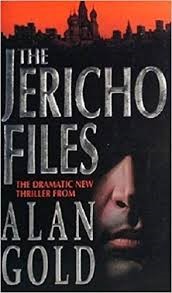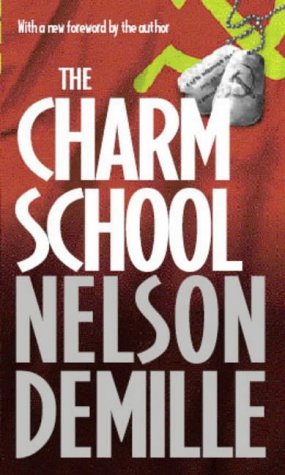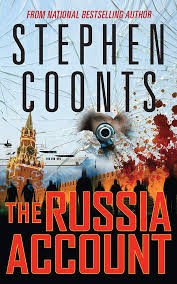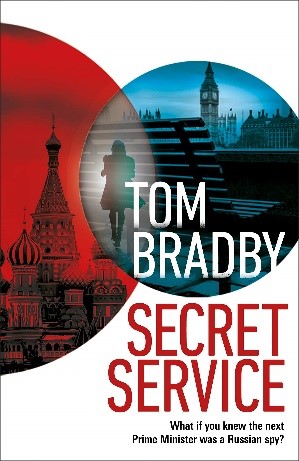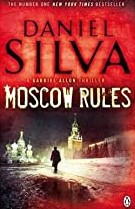
Predictable we may be, but Russian in Fiction couldn’t resist reviewing in succession two books with identical titles.
Daniel Silva’s Moscow Rules (2008) is a very different sort of thriller from Robert Moss’s Moscow Rules (1985), in terms of both aspects of Russia in Fiction’s reviewing template.
Russia in Fiction asks two things about the books we review. What is the novel like? And how does it portray Russia? For the former, Daniel Silva is a doyen of the novel-a-year, same central character, same formula series. For the latter, when Silva deals with Russia, he tends to the straight down the line, big bad Russia approach; not uncommon at all amongst Western thriller writers, and a useful marker of how Russia has been popularly perceived at particular points of time.
And if this brief opening summary makes it sound like Russia in Fiction doesn’t think much of Daniel Silva’s writing, then we want to correct that misperception immediately.
Continue reading